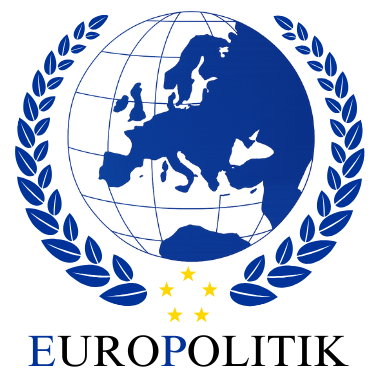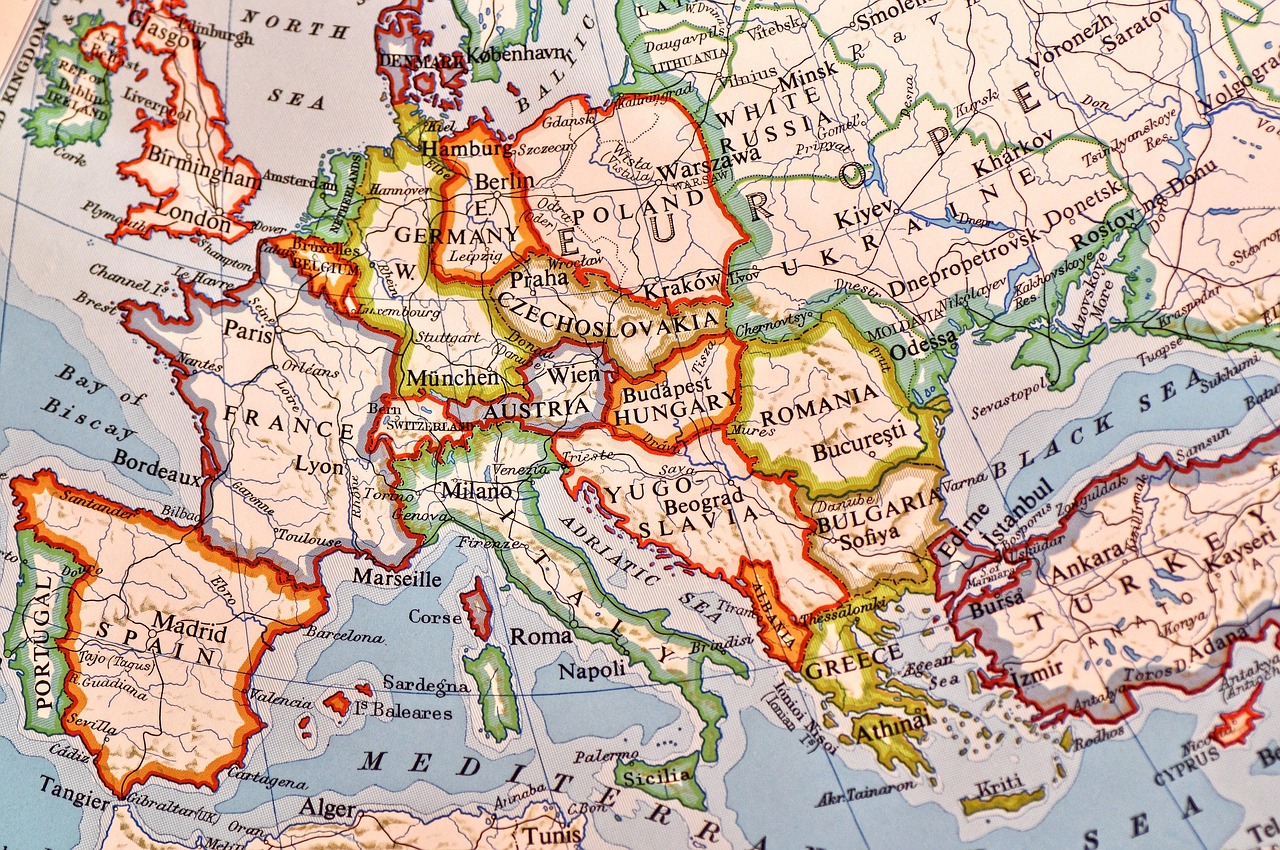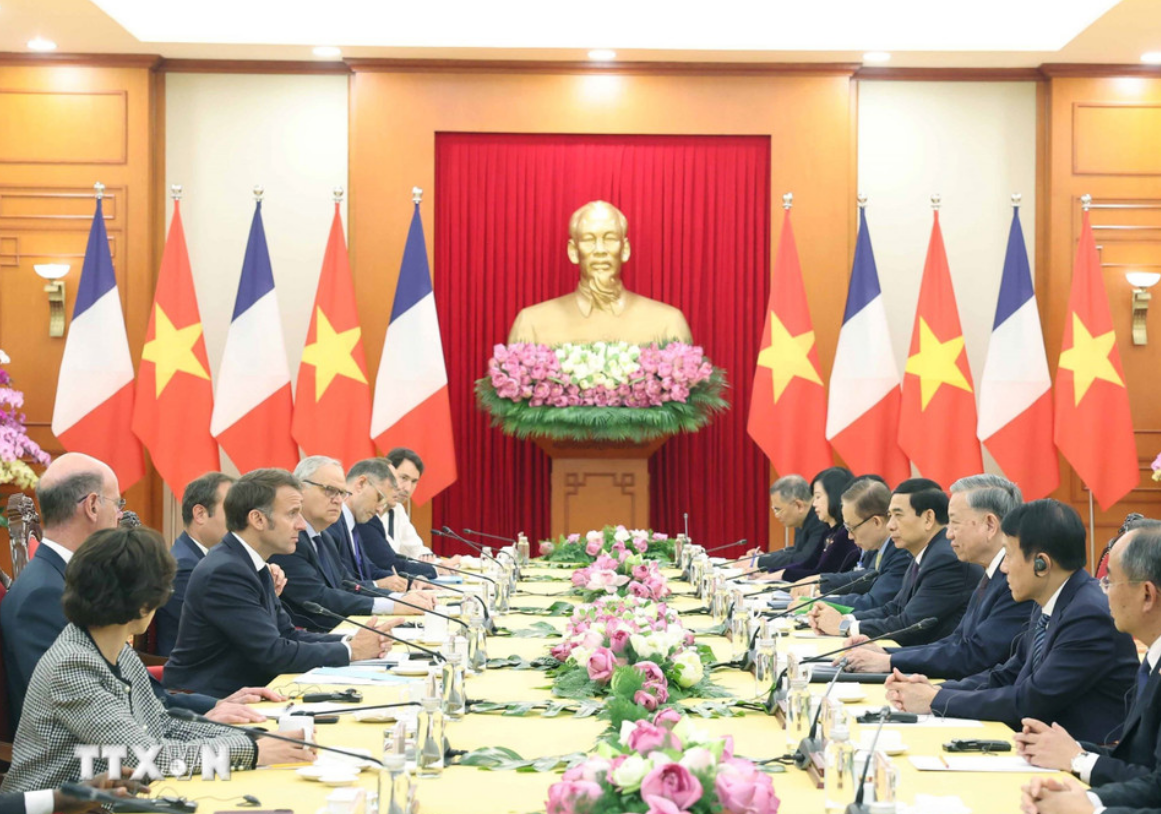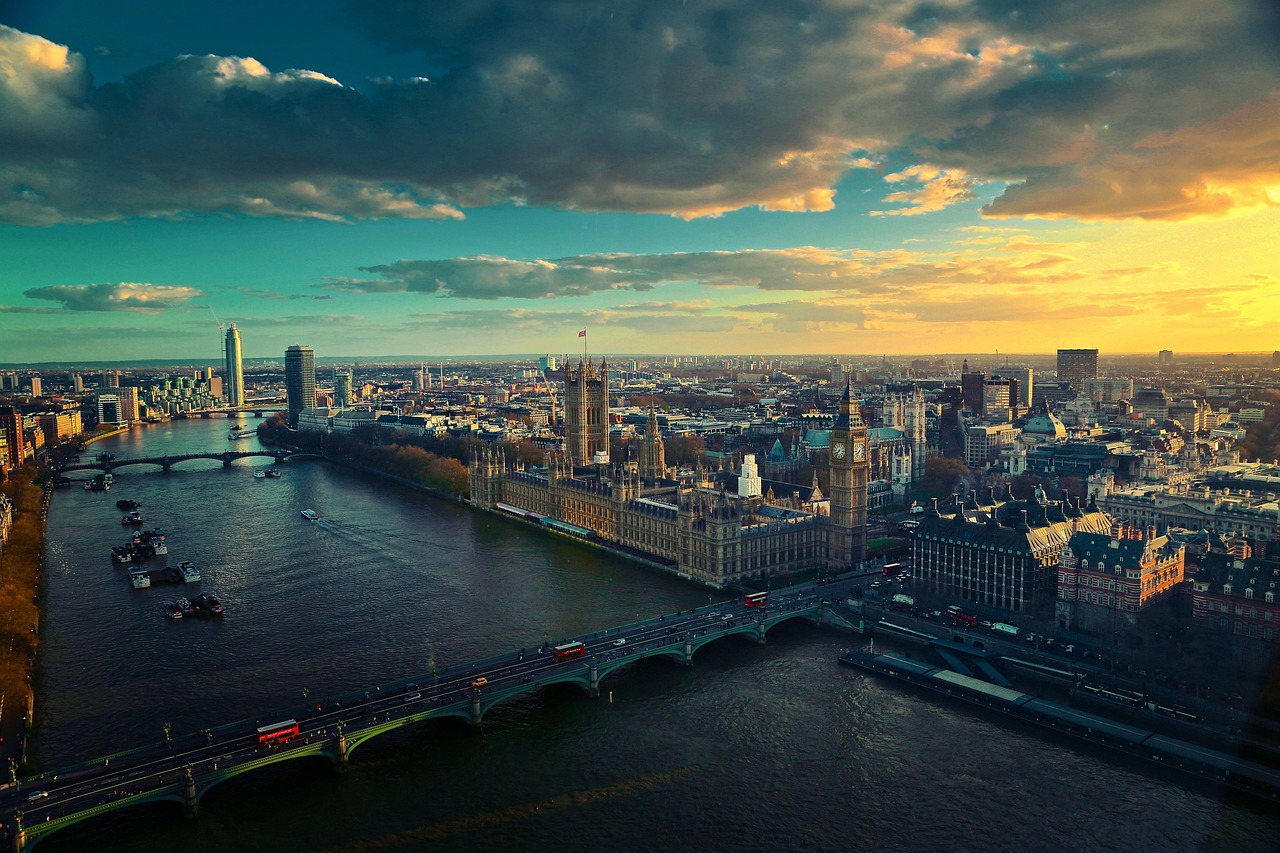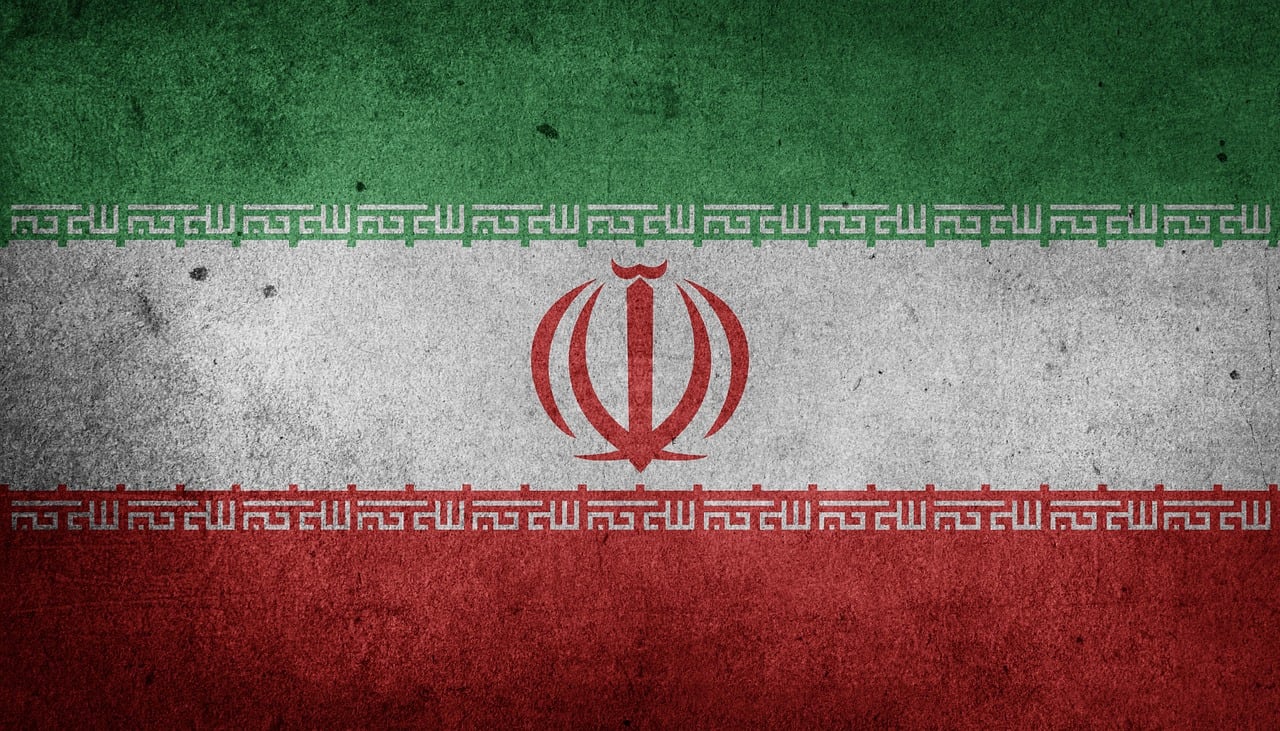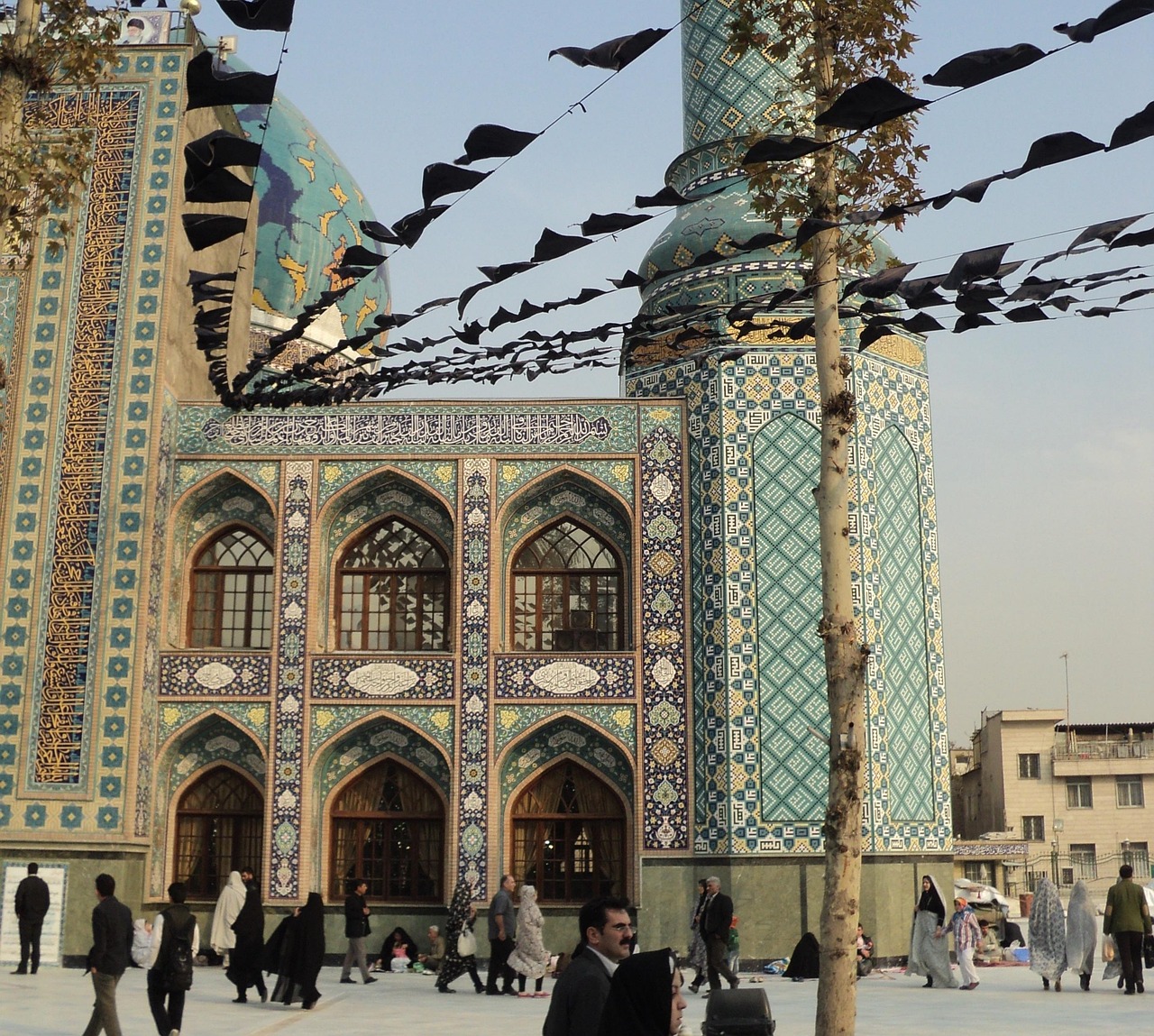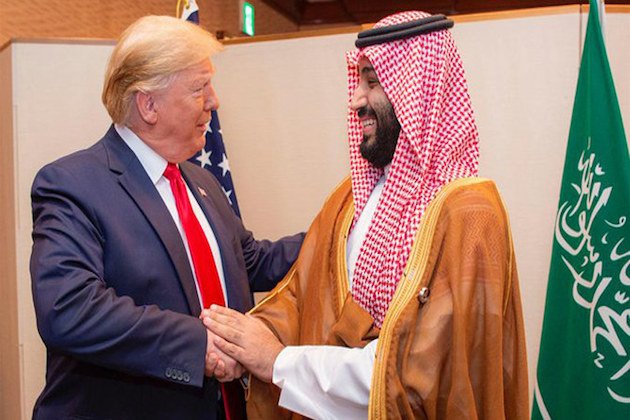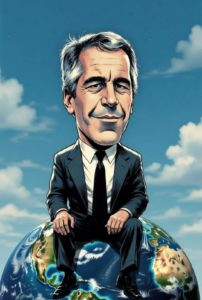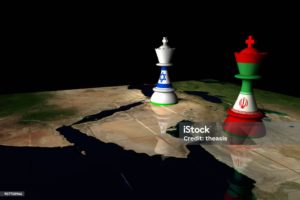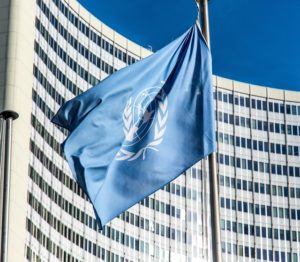The tariff agreement recently signed between Donald Trump’s United States and the European Union continues to cause unrest on the Old Continent. Trap or lesser evil? It is merely the latest chapter in a failed confrontational strategy for Brussels, which is attempting to impose views that no one seems to want and which, in the balance of power, must systematically comply. It is a dangerous game that raises questions about the future of Europe in a world increasingly tense between great powers, and which could see the Old Continent gradually withdraw from major geopolitical and economic issues.
Considered by some to be the scam of the century, with a 15% rate imposed on all European products destined for the United States, it is defended by those who, in part, rightly believe that much more could have been lost by resisting and reaching tax rates of 30%. Of course, the EU is committed to investing heavily across the Atlantic, but honestly, does it still have the means to oppose the rest of the world in order to exist?
In just a few years, the European Union has profoundly reconfigured its relations with the world’s major powers, to the point where it now finds itself in a position both isolated and vulnerable. The energy disconnect with Russia since 2022, growing trade tensions with China and the European Commission’s desire to sanction Beijing, and persistent disagreements with the United States on industrial and climate issues outline the contours of a continent struggling to define a coherent strategy other than confrontation. Yet, Europe cannot exist sustainably in a multipolar world by simply saying “no” to its main partners. Criticizing the American agreement is to ignore the fact that the balance of power is not at all in favor of the old continent and that Ursula von der Leyen has probably done what she could. Some, of course, consider this to be the latest demonstration of total submission to the United States. Do we, alas, have a choice?
The war in Ukraine served as a brutal trigger. By almost completely cutting its energy ties with Russia—which accounted for more than 40% of its gas imports in 2021—the Union has taken up the challenge of diversification, at the cost of a major inflationary shock and a loss of industrial competitiveness. Alternatives, such as American LNG or Algerian gas, remain more expensive and, above all, unstable. Qatari gas is a safe bet, even though Doha recently threatened to cut off the tap as well, while Europe wants to impose new standards for controlling the supply chain. New rules that may well ultimately pose new pitfalls for Europe. What will we do in terms of sovereignty once we’re at odds with everyone? We must certainly defend our values, but we must also ensure our survival. This strategic divorce from Moscow, while ethically and politically necessary, has revealed the extent to which Europe has become dependent on partners it considered essential, without thinking long-term.
At the same time, relations with China are deteriorating. The European Commission is stepping up investigations into anti-competitive practices, particularly in the electric vehicle and solar panel sectors, denouncing systemic “dumping.” Beijing, for its part, is threatening economic retaliation. However, China has become Europe’s largest trading partner: severing or weakening this strategic relationship, without a credible alternative, would further weaken European industry, which is already under pressure. Once again, what will we actually do without China, and what alternative do we have in the face of the industrial collapse we are experiencing?
This triple friction—Russia, China, and the United States—places Europe in a paradoxical position: it legitimately defends its values and interests, but seems locked into a purely reactive strategy. It acts as a moral pole, but without sufficient economic foundation or real strategic autonomy. However, in a world dominated by assertive powers, often brutal in the defense of their interests, Europe cannot define itself solely by protest. The alternative is not submission, but the construction of a genuine geoeconomic project that is attractive to the rest of the world. However, Europe is perceived today as a veritable administrative, fiscal and legal quagmire. This implies investing massively in its industrial, energy and technological capacities, while rethinking its alliances in a pragmatic manner. Europe has the resources, the know-how and the human capital
